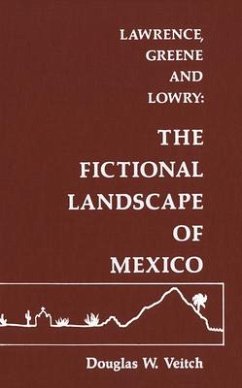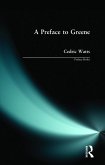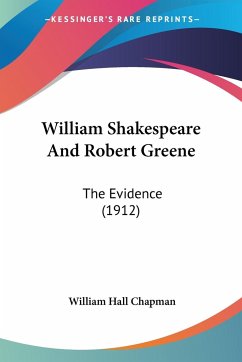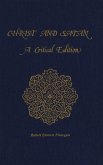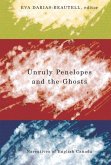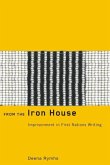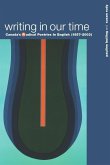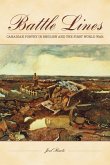When writers go on journeys it is as often to explore the terra incognita of their own selves as to establish the identities of strange lands; in the case of many English novelists between the great wars it was certainly true, as Douglas Veitch remarks in the study I am introducing, that their work, "even as it essayed the exotic, cast an eye homeward and inward", and that they "roamed the world, seeking surcease from a prevailing malaise which doubted the values of Western Civilization." ... Mr. Veitch has taken this vital element in the three novels-The Plumed Serpent, The Power and the Glory and Under The Volcano-and has used it not merely to examine these works themselves but also to sketch out the ambivalent role which landscape plays in all fiction, as omnipresent background but also as a rich source of symbols and images reflecting the human drama which a book develops. He has, as he more than once makes clear, done more than read all the relevant literature; he has himself travelled to Mexico in order to see and experience the extraordinary terrain, and, as I can vouch on the basis of my own knowledge of that infinitely attractive and repellent country, he used his senses well while he was there. -from the Introduction by George Woodcock
Hinweis: Dieser Artikel kann nur an eine deutsche Lieferadresse ausgeliefert werden.
Hinweis: Dieser Artikel kann nur an eine deutsche Lieferadresse ausgeliefert werden.

